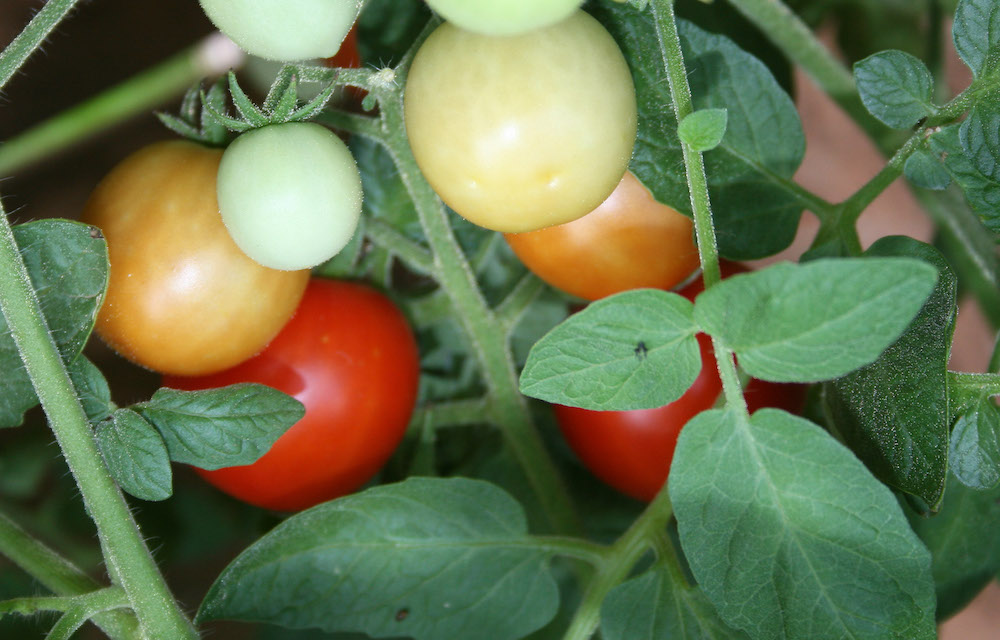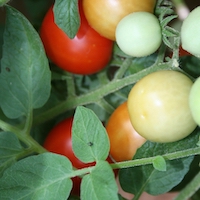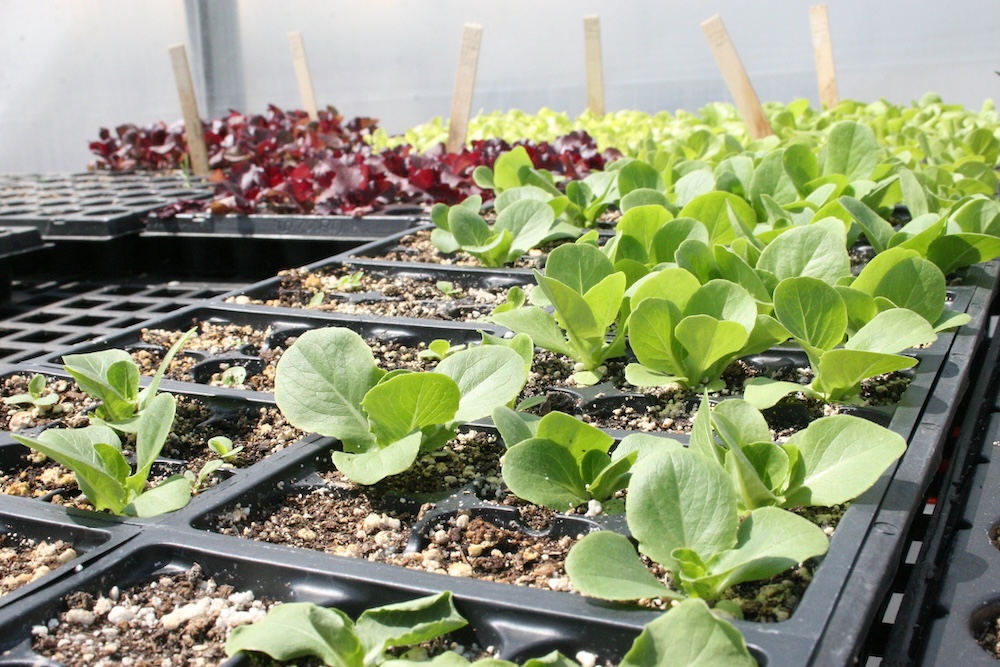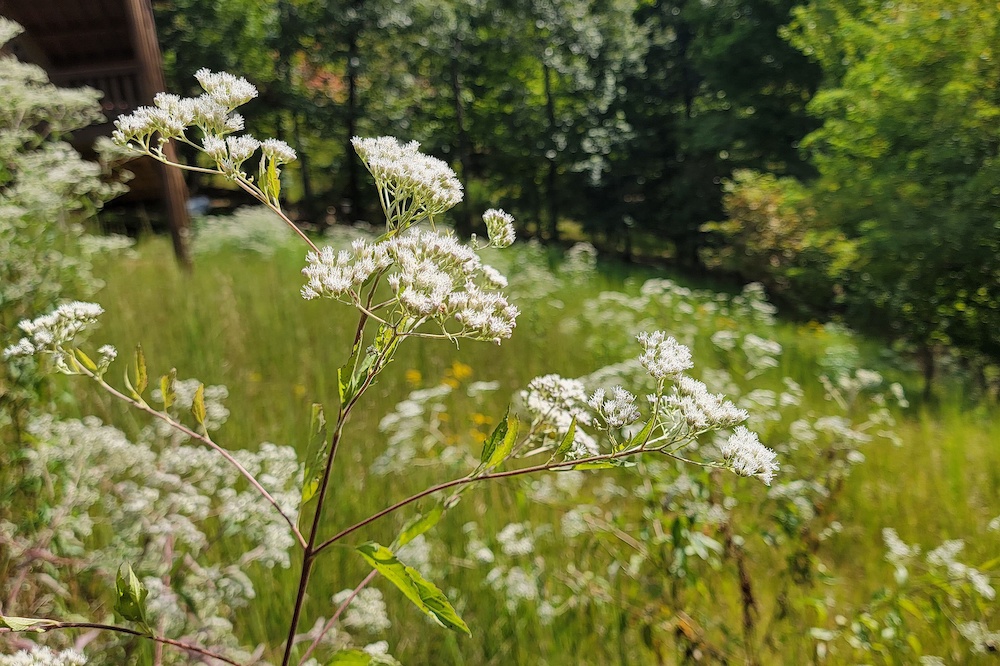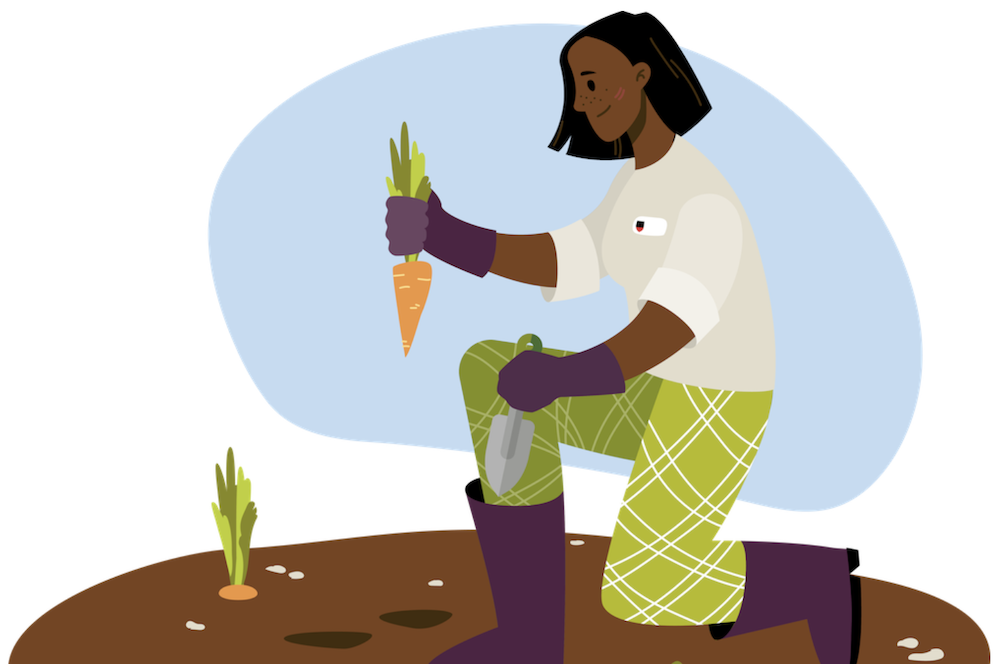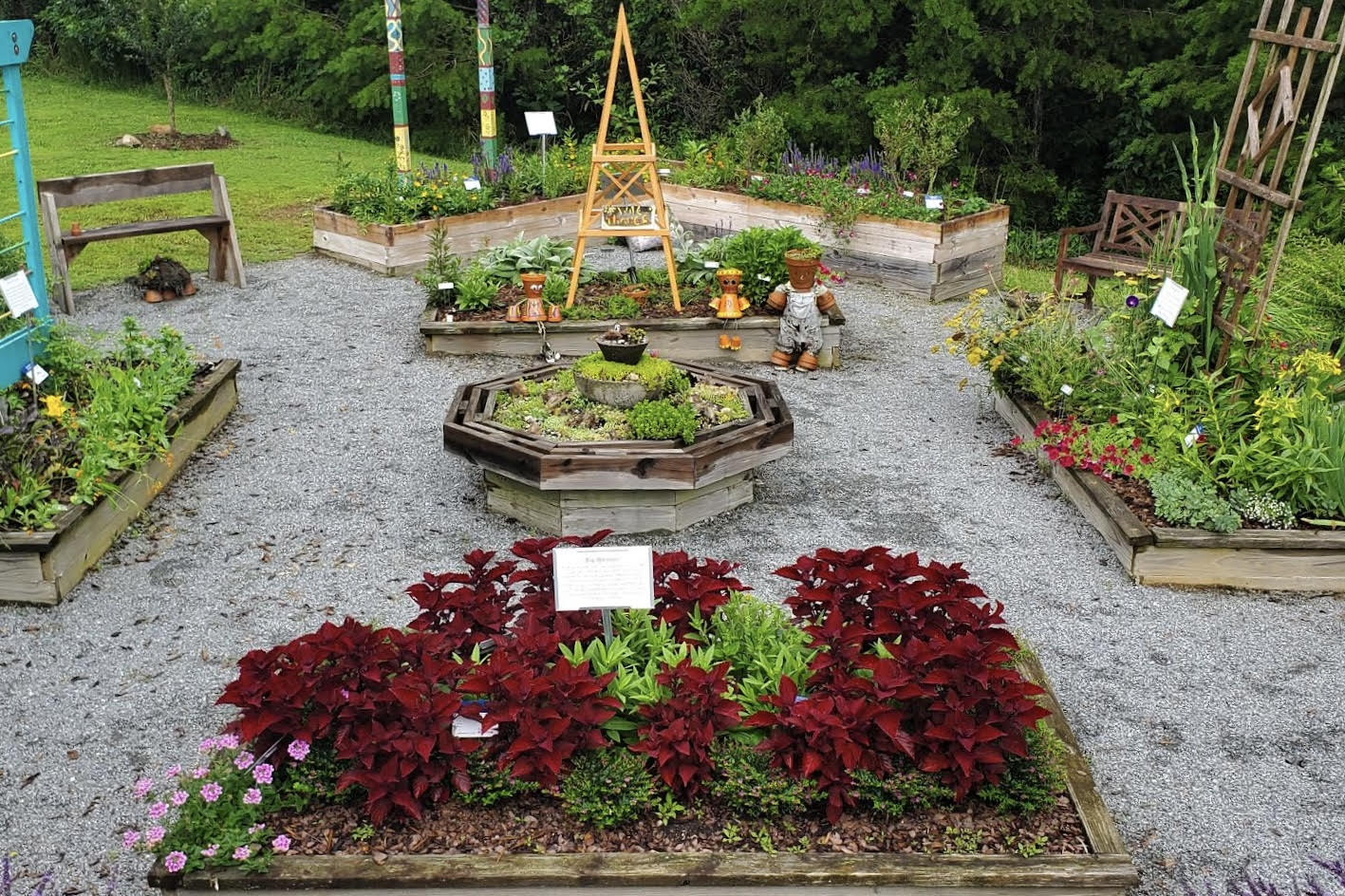Homegrown vegetables are a must have for many Southerners during the summer.
The one vegetable, well technically a fruit, which makes everyone’s mouth water in anticipation is the tomato. The folks I know always say the first tomato of the season is the best.
It is a known fact that homegrown tomatoes are much better than anything you can buy from the grocery store. Nothing can beat it.
Whether or not you are trying to grow tomatoes for the first time, or this is your 30th season, there are some tips to follow to make sure your harvest is plentiful.
Before you plant, incorporate four inches of new organic matter. This will encourage the plants to explore and get established quickly.
Plant your tomatoes deep. At planting, remove the leaves from the bottom of the plant and bury about two-thirds of the stem. This deep planting causes the plant to grow roots up and down the stem that is in the ground. This extra root system will make the plant stronger and more stable as it matures.
As a UGA Extension county agent, I always tell my clients to use mulch when you plant anything. Well the same goes for veggies.
A good 2- to 3-inch layer of wheat straw will go a long way to hold back weeds, keep the plants clean from rainfall and keep the soil moist in the middle of summer.
Speaking of rain and moisture, what if we don’t get any during the summer? This is where many of the problems in growing vegetables come from — improper watering.
Water your plants so the soil stays fairly evenly moist, avoiding the extremes of it being parched and then flooded. When you do water, keep the water at the base of the plant. Wetting the leaves will only encourage diseases.
Give your tomatoes fertilizer when they are first planted. After that, they do not need much fertilization until the first tomatoes are the size of a dime or so.
Pushing your tomatoes to grow will only encourage the growth of leaves and stems, but not much fruit.
If during the summer you have problems growing tomatoes, stop by your local UGA Extension office for help identifying pests or diseases.

